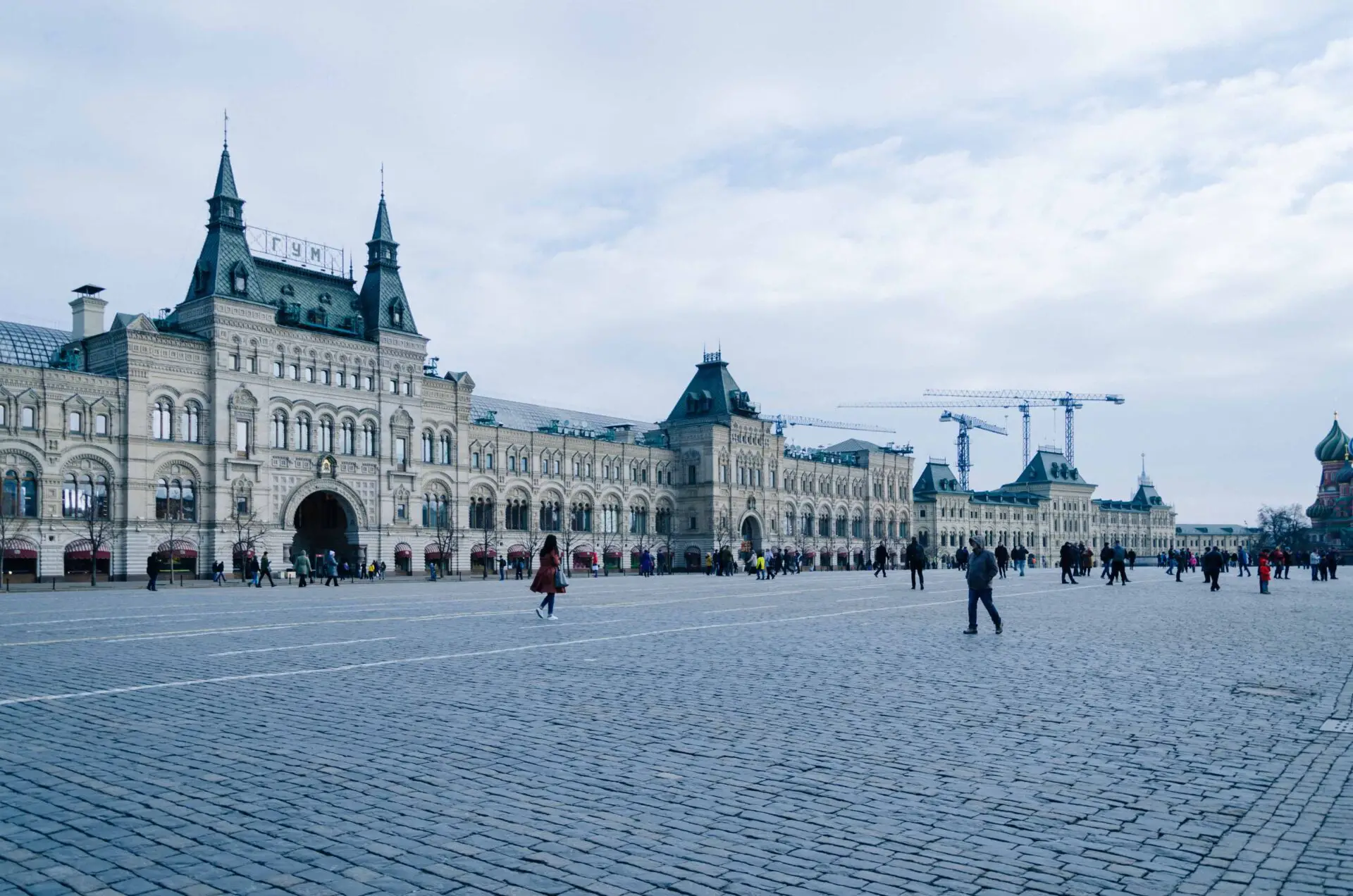When you first come to Russia, there are many things that may strike you as unusual but are just a part of everyday life. I’ve gathered a list of some of the things that initially struck me as odd about living in Russia, but I have since learned to live with and in some cases appreciate as different from living in the States. Please note that my experiences are based on living in Moscow, which as a city of 15 million is representative of many aspects of Russia yet has its own uniqueness.
Living Situation
- Russians hate the cold. This runs counter to what you might think about people living in a place where winter goes from November until April, but Russian people try to avoid the cold as much as possible. Outdoors, this is seen when adults bundle up in heavy coats and furs as soon as the temperature goes below 10 degrees Celsius, and children are shoved into full-body snowsuits nearly a month after frolicking around in shorts. Indoors, from September until May the heat is kept on full blast, courtesy of Russia’s large natural gas production. In January, it might be minus 20 outside but we sit around my apartment in shorts.
- Within a city, everyone lives in big apartment buildings ranging from 50 to 500 units. Private, individual houses are unheard of within the city limits, even amongst the rich. On the other hand, most Russians have a dacha, or cottage, which gives them a good slice of nature and usually far outside the city. Dachas are very popular, and many go to them on a majority of weekends, regardless of the weather.
- In America, a one-bedroom apartment means that there is a bedroom and a living room, whereas in Russia it means that there is just one bedroom, without a living room. Apartments are generally smaller in Russia, although a majority have a balcony.
- Everyone in Russia has a washing machine in their flat, even in the cheapest of apartments. However, in six years of living here, I have yet to see a drying machine- everyone hangs their clothes on drying racks.
- Landlords prefer to sign a year-long lease, but should you change your mind it is a lot easier to get out of than in America. Sub-letting is very rare.
Getting Around
- Public transport, especially in Moscow but throughout Russia, is extensive. For example, in Moscow, there are buses, trolleys, trams, and minibusses in addition to suburban commuter trains and a huge subway system. A ride on any of these costs less than a dollar, and most Russians use these in lieu of driving.
- That being said, taxis are very cheap to use in Russia, whether it be from a ride-hailing app or just calling one on the street.
Shopping
- Although there are some big, western-style grocery stores in the major cities, it isn’t uncommon to visit several stores to get different kinds of food as opposed to making a one-stop-shop. At a Russian corner store, called a produkty, you don’t actually take the goods off the shelf, but a store assistant does this for you behind the counter at your request.
- Credit is expensive, and few people have credit cards, but on the whole payment systems are quite advanced. Things like Apple Pay are widely accepted, and banks make it easy to transfer money directly from person to person via a mobile app
- In general, services are cheap, as labor is inexpensive in Russia. So things like taxis, food delivery, manicures, haircuts, cleaning services, etc are cheaper than they would be in the West.
- Telecom services and the internet are also cheaper in Russia- for example, I pay about twelve dollars a month for unlimited mobile data.
- However, most products that are produced outside of Russia are comparatively more expensive, especially technology and clothing.
Personal Relations
- Even though people live physically close to their neighbors in apartments, few people actually talk to them. I’ve lived in my current place for two years and I’ve never said a word to anyone on my floor other than “hello”, which is completely normal.
- A man is expected to shake the hand of every man he knows upon seeing them the first and last time during the day. For example, in the morning every man in my office will shake each other’s hand when they walk by each other, and they will in the evening as they say goodbye.
- In general, women are more feminine, and men are more masculine than in the West. This manifests itself in several ways from appearances to family relations, but as a rule of thumb think of the standards in 1950’s America.
- People pay a lot of attention to your shoes, and you should keep them clean as much as possible. Also, during the winter months, most offices require that you keep a separate clean pair at work, so you can change into them as opposed to dragging in the muck and snow from outside
Work
- Many companies have a later workday than in the west, starting at 10 or 11 AM and staying until 6 or 7 PM. Lunch is a full hour and widely respected. Nobody eats at their desk
- In private companies especially, everyone has the title of “manager”, even if they don’t manage anything. For example, an entry-level salesperson is a “business development manager”
Travel
- By Russian law, everyone has at least four weeks paid vacation, in addition to around two weeks of federal holidays.
- When Russians travel, most travel abroad to places like Europe or Asia, as opposed to within the country. This is because airfare is relatively cheap, and travel infrastructure like highways and hotels is poorly developed in Russia outside of the major cities.

